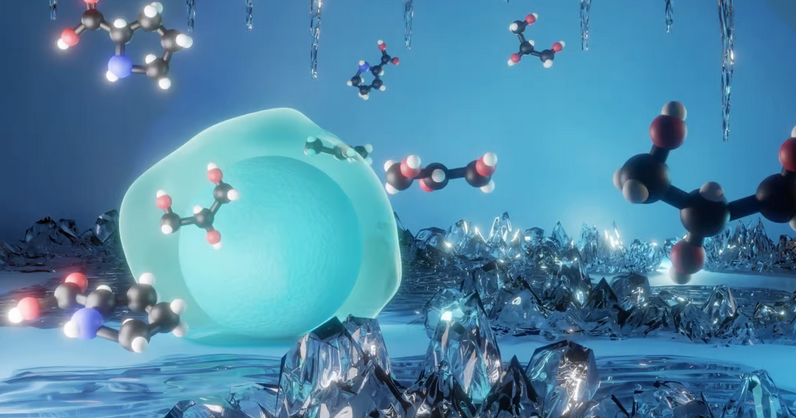Getting an organ from donor to recipient is a race against time, with many going to waste. Now, researchers in Australia have identified new cryoprotectants that could preserve organs and tissues for much longer without damaging them.
Freezing living cells is a good way to preserve them for much longer than at room temperature, but traditional freezing damages those cells as ice crystals form. That’s why your frozen and thawed strawberries or steak are always a bit mushy, but of course the bigger problem is that it can render human donor organs unsuitable for transplant.
Muslim protesters attack Maldives Yoga Day event
Cryoprotective agents can be used to prevent ice crystal formation and the resulting damage, by creating a glassy state instead. They’ve been used to store samples of fluids like blood and animal sperm, but can’t be applied to whole organs because they’re toxic.
Read more: New Atlas






































